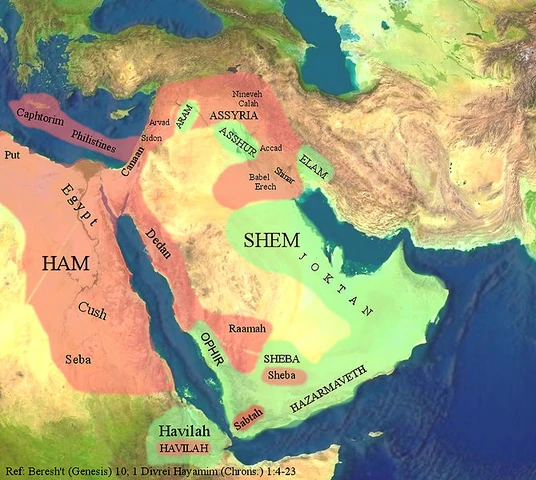Christians of the 20th century post-discovery of quantum
mechanics era may view their own epistemological foundation of interpreting
scripture as contingent upon several less-than-inspired criteria. The flood
paradigm is a case in point. Ararat is an ancient Jewish transliteration of
Urartu from an era when Jews were in captivity. Before the Jewish captivity the
word Ararat existed nowhere. Urartu disappeared as a kingdom as early as 1200
B.C. yet persisted through Assyrian rule somewhat later.
A local Mesopotamian flood taking an ark to the highest
location of a vanished kingdom somewhere along the Tigris drainage plainly may
create issues of uncertainty regarding the actual site of the deposition on receding
waters. The ancient city of Ur was quite close to the Persian Gulf, and
scientifically inclined Christians may speculate that the lost world of Noah
actually was located below the modern sea level of the Persian Gulf. Ur and
Urartu seemed to continue an historical line of remembrance of the great flood.
There are many Christians whom have taken a more objective
approach toward interpretation of Genesis. Unfortunately, my own book God,
Cosmology and Nothingness - Theory and Theology in a Scientific Era may be the
most accurate attempt to comprehend scripture in the light of new knowledge
about physics and word-meanings that God always had (and infinitely more
besides) and citing it will lead to charges of self-promotion. Thomas Edison was a self-promoter; when did self-promotion
become a bad word as if only communal promotion is good?
